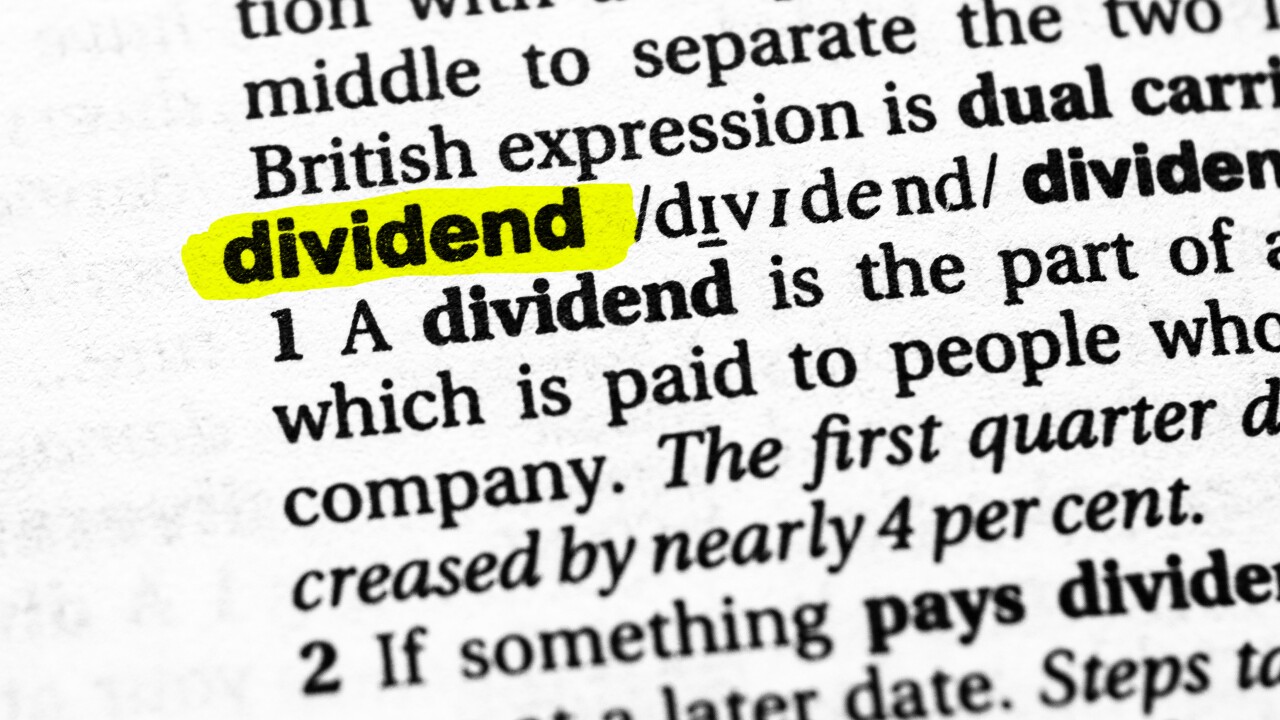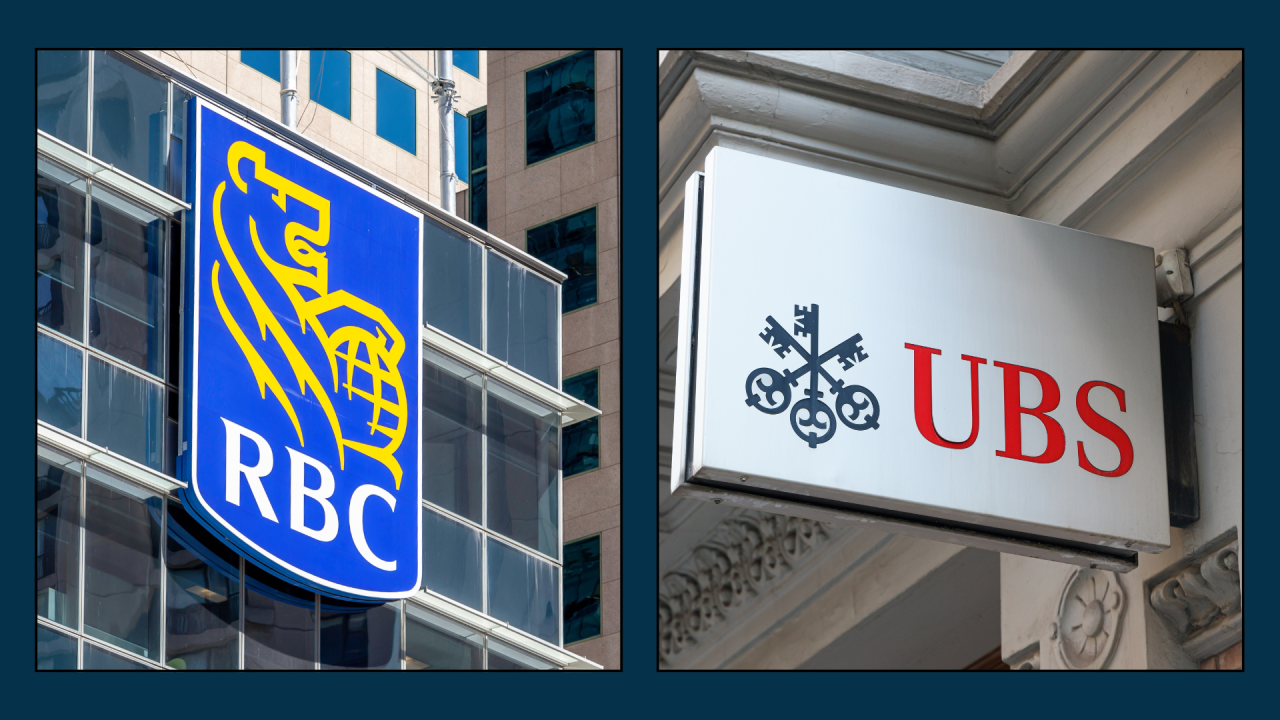There's something different about Generation Z. In terms of retirement savings, America's youngest workers are way ahead of where their predecessors were at their age. But how much of that is thanks to new 401(k) features, and how much is thanks to the Zoomers themselves?
The numbers show a clear difference. In 2021, 62% of Gen Z workers — defined as those aged 18 to 24 — participated in a workplace retirement plan. That's more than twice the rate of the same age group in 2006, according to
And Gen Z saves more, too. In 2021, they deferred an average of 5.4% of their income, up from the 4.8% saved by 18-to-24-year-olds in 2006, according to Vanguard. That may not sound like a huge difference, but it's the biggest increase of any age group except millennials — the next oldests cohort — which saw the same 0.6% bump.
Perhaps because of all this, Zoomers are extremely confident about their nest eggs. According to a
What could explain all these differences? One answer is that today more 401(k)s offer default settings, including auto-enrollment, auto-increases of contribution amounts and automatic investment in target date funds. These features, experts say, allow younger investors to practice good saving habits without even thinking about them.
"Their choice is not, 'Should I get informed on my 401(k) plan and decide when it's convenient to participate?'" said Dave Stinnett, head of strategic retirement consulting at Vanguard. "Their choice is really … whether they want to opt out or not, and the data is showing that very few are opting out."
But is that the only reason? Could there also be something about Gen Z investors themselves that leads them to approach retirement planning differently? Do these youngsters, perhaps, deserve a little more credit?
Some wealth managers think so. Andre Jean-Pierre, the founder of
"I wouldn't call them sophisticated investors, but they are farther ahead of millennials" at the start of their careers, Jean-Pierre said. "They have more exposure to financial markets, whether it be through the news or social media. They understand it better."
The biggest difference with Gen Z, he said, is that they grew up with the internet. For better or worse, these investors are accustomed to gathering information instantly from self-described experts on TikTok and Twitter, sometimes called
"Before we just had to go to a library or read a book," Jean-Pierre said. "They can get it online from someone with a YouTube channel who used to be a trader."
Another factor that sets Zoomers apart from their elders is that for much of their lives, the economy has been in tumult. The
Nicole Cope is the senior director of wealth advisors at
"During their formative years, they went through 2008 — they saw how it impacted their families," Cope said. "They may have been too young to understand the conversation, but they certainly felt the stress of the home."
Cope believes this likely made Gen Z investors "a little more risk-averse," but also thinks target date funds could be balancing this out. These funds typically begin with a higher-risk portfolio — for example, more stocks, fewer bonds — and then gradually de-risk over time, as the owner approaches the "target date" of their retirement. Since many 401(k)s use target date funds automatically, many Zoomers — however wary they may be of the stock market — are investing in it by default.
"The concept of having a target date fund for them, which is automatically going to put them in a little bit of a higher equity allocation that they may have been originally comfortable with, is a good thing for them in the long run," Cope said. "It might tamper some of that adverseness that they have to risk."
Vanguard's data bears this out. The study found that in 2021, 97% of Gen Zers with 401(k)s had some equity exposure, compared to only about 75% of the same age group in 2006 — an increase that Stinnett was "delighted" to see.
"I think the narrative that had been out there for years was Gen Z … would have been conditioned to be wary of investing in the stock market," Stinnett said. "And what this data shows is that's not the case. They're actually investing in equities to a greater degree than the young investors of the past. And again, I think the reason for that is because they're being defaulted, and they're just wisely not altering that."
In addition, Cope believes there's also another, more subtle difference that sets America's youngest investors apart.
"This is also the generation that's very vocal about climate change," she said. "They're vocal about the earth that they're inheriting."
This may seem unrelated to retirement, but in Cope's view, climate activism and long-term investing have something in common: preparing for what comes next.
"That impacts them as they think about the future, because investing is really setting yourself up for the future," Cope said. "And one thing about this generation is there's a lot of concerns about the future."







